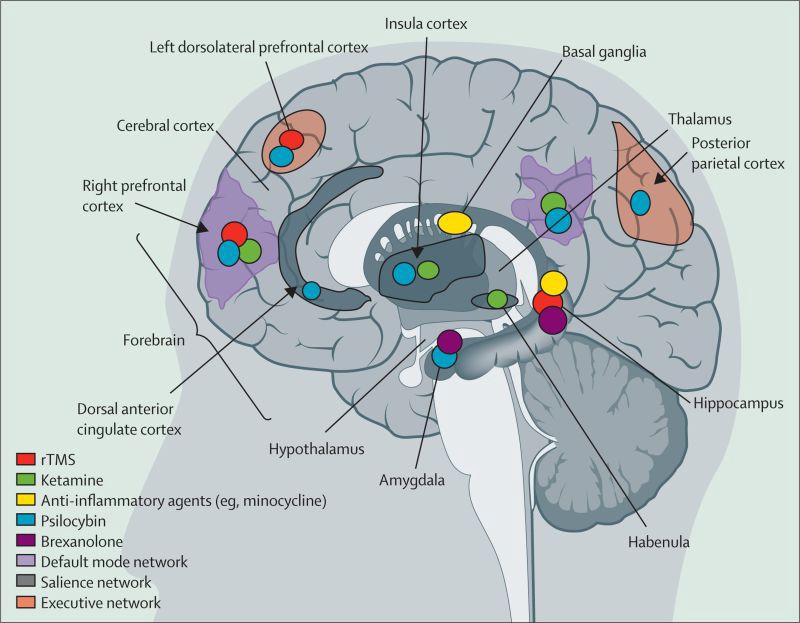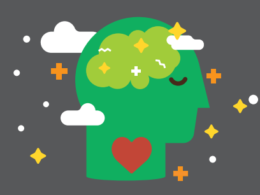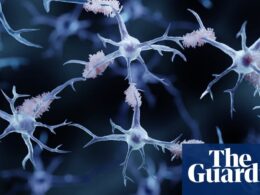The Lancet
Prof Steven Marwaha, PhD, Edward Palmer, MBBS, Prof Trisha Suppes, MD PhD, Emily Cons, MSc, Prof Allan H Young, MBChB, Prof Rachel Upthegrove, PhD
December 16, 2022
Summary
- Depression is common, costly, debilitating, and associated with increased risk of suicide.
- It is one of the leading global public health problems.
- Although existing available pharmacological treatments can be effective, their onset of action can take up to 6 weeks, side-effects are common, and recovery can require treatment with multiple different agents.
- Although psychosocial interventions might also be recommended, more effective treatments than those currently available are needed for people with moderate or severe depression.
- In the past 10 years, treatment trials have developed and tested many new targeted interventions.
- In this Review, we assess novel and emerging biological treatments for major depressive disorder, evaluate their putative brain and body mechanisms, and highlight how close each might be to clinical use.
In this Review, we assess novel and emerging biological treatments for major depressive disorder, evaluate their putative brain and body mechanisms, and highlight how close each might be to clinical use.
Infographic
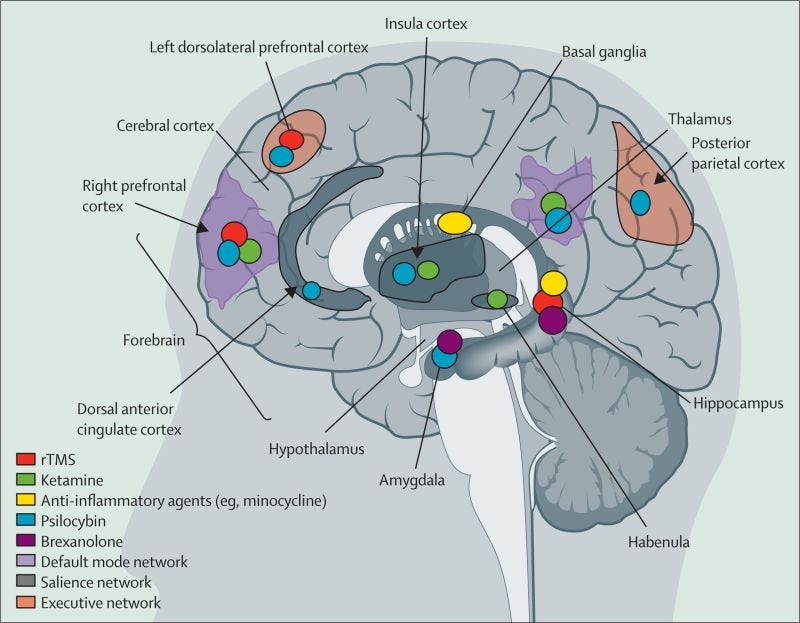
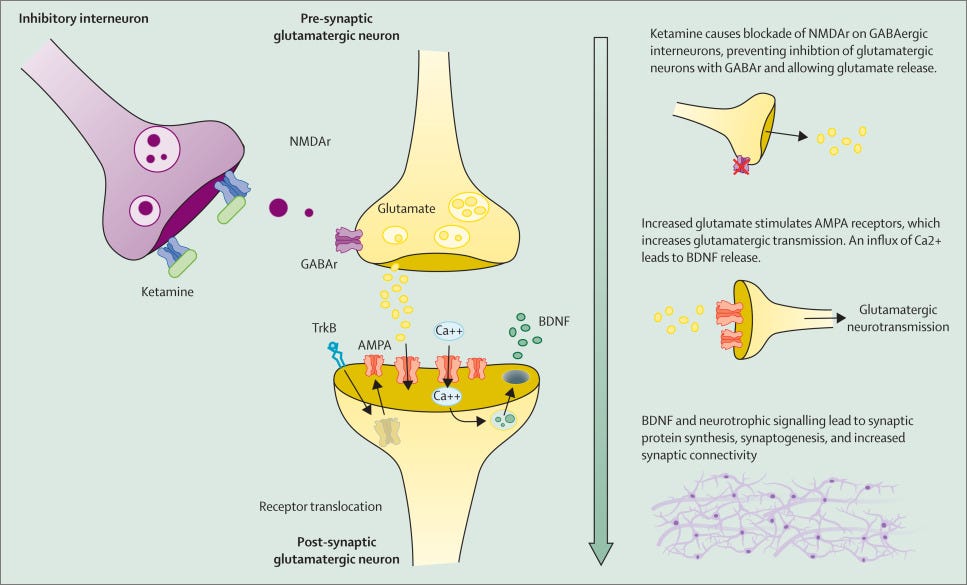
Originally published at https://www.thelancet.com.




